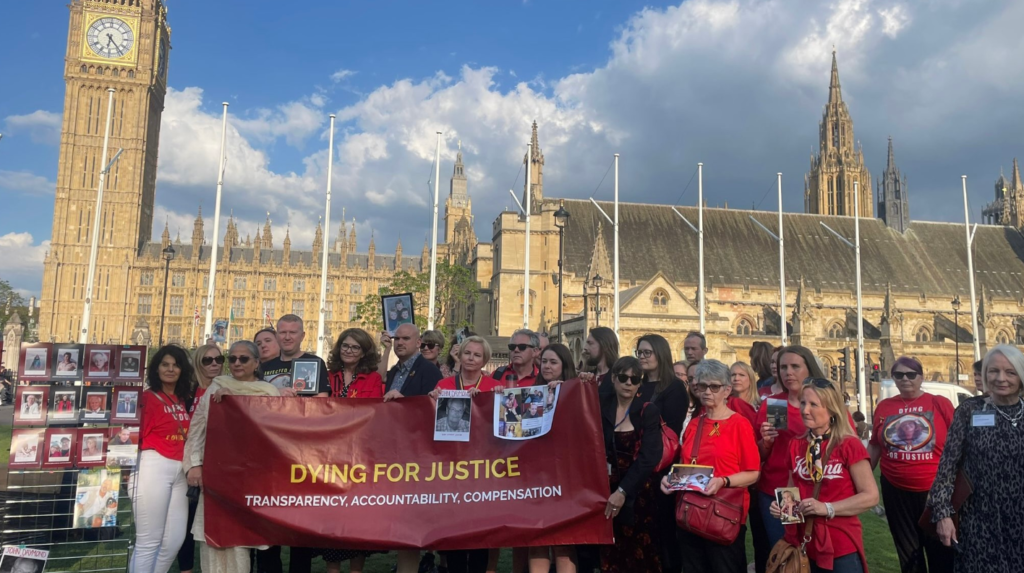
In the sprawling, vibrant nation of Brazil, the battle against epidemics and pandemics has shaped the country’s public health landscape profoundly. This story weaves through the lives of health workers, scientists, and everyday citizens, tracing the efforts of Brazil’s health agencies as they navigate the challenges of infectious diseases. From the Amazon rainforest to the bustling cities of São Paulo and Rio de Janeiro, the response to these crises highlights the dedication, ingenuity, and resilience of a nation.
The Foundations: A Legacy of Public Health Efforts
The narrative begins with the establishment of key health institutions that laid the groundwork for Brazil’s fight against epidemics. In the early 20th century, Oswaldo Cruz, a pioneering bacteriologist, spearheaded campaigns against yellow fever, smallpox, and bubonic plague. His work led to the creation of the Oswaldo Cruz Foundation (Fiocruz) in 1900, a leading health research institution.
Fiocruz, with its sprawling campus in Rio de Janeiro, became the nerve center for scientific research and public health initiatives. Over the decades, it played a crucial role in combating various diseases, from malaria to dengue fever. Its laboratories, staffed by dedicated scientists like Dr. Beatriz Santos, have been at the forefront of vaccine development and epidemiological studies.
The Fight Against Zika: A Modern Challenge
Fast forward to 2015, when Brazil faced a new and daunting adversary: the Zika virus. The outbreak, which began in the northeastern states, quickly spread across the country. The virus, primarily transmitted by the Aedes aegypti mosquito, posed a significant threat, especially to pregnant women, as it was linked to severe birth defects such as microcephaly.
Dr. Beatriz Santos recalls the urgency of those days. “It was an all-hands-on-deck situation. We knew we had to act swiftly to understand the virus and mitigate its impact.” Fiocruz mobilized its resources, working around the clock to study the virus, develop diagnostic tests, and educate the public.
In tandem, the Ministry of Health launched a nationwide campaign to eliminate mosquito breeding sites. Community health workers, like Ana in Recife, went door-to-door, educating families on how to prevent mosquito bites and remove standing water. “It was exhausting work,” Ana says, “but we knew we were protecting our communities.”
The COVID-19 Pandemic: A Test of the System
The most formidable challenge yet came in 2020 with the arrival of COVID-19. The pandemic tested the resilience of Brazil’s health system like never before. Hospitals overflowed, and the demand for healthcare workers surged. The Brazilian Health Regulatory Agency (ANVISA) played a crucial role in fast-tracking approvals for vaccines and medical treatments.
Dr. Carlos Oliveira, an infectious disease specialist in São Paulo, reflects on the chaotic early days. “We were overwhelmed. The virus spread so quickly, and our hospitals were struggling to keep up. But the support from health agencies and the collaboration across sectors made a significant difference.”
Fiocruz once again rose to the occasion, conducting research on the virus and its variants, and producing vaccines locally. The SUS (Sistema Único de Saúde), Brazil’s Unified Health System, facilitated the distribution of vaccines, prioritizing healthcare workers, the elderly, and vulnerable populations.
Grassroots Efforts: The Heart of the Response
Amid the institutional responses, grassroots efforts played a pivotal role. Community health agents, like those in the favelas of Rio de Janeiro, were instrumental in spreading awareness and delivering care to the most vulnerable. Maria, a community leader in Rocinha, recounts the challenges. “Many people here don’t trust the system, so it was up to us to build that trust, provide accurate information, and help them get the care they needed.”
Innovative approaches also emerged, such as the use of telemedicine to reach remote areas and digital platforms for contact tracing and vaccination scheduling. Partnerships between public and private sectors facilitated the production and distribution of essential medical supplies.
Overcoming Hurdles: Political and Social Challenges
The response to epidemics and pandemics in Brazil has not been without its hurdles. Political challenges, including changes in government policies and leadership, often influenced the efficacy of health measures. Dr. Oliveira notes, “Consistency in public health policy is crucial. Political instability can undermine our efforts.”
Moreover, social inequalities posed significant barriers. In the Amazon region, indigenous communities faced unique challenges due to geographical isolation and limited access to healthcare. The Special Secretariat of Indigenous Health (SESAI) worked tirelessly to provide medical care, often requiring helicopters and boats to reach remote villages.
Lessons Learned and the Road Ahead
As Brazil moves forward, the lessons learned from past epidemics and pandemics shape its future strategies. Strengthening healthcare infrastructure, ensuring adequate funding for public health, and fostering international collaboration are key priorities.
Dr. Santos emphasizes the importance of preparedness. “We need to invest in research, support our healthcare workers, and maintain robust surveillance systems. The threat of new infectious diseases is always on the horizon.”
Public health education remains a cornerstone of Brazil’s strategy. Efforts to combat misinformation and build trust in vaccines and health interventions are ongoing. Maria, the community leader, believes in the power of community engagement. “Education and trust are our best weapons. When people understand the importance of health measures, they are more likely to comply.”
Conclusion: A Story of Resilience
The story of Brazilian health agencies and their response to epidemics and pandemics is one of resilience and determination. From the early days of combating yellow fever to the modern challenges of Zika and COVID-19, Brazil has demonstrated an unwavering commitment to public health. Institutions like Fiocruz and SUS, along with the tireless efforts of healthcare workers and community leaders, have built a foundation of vigilance and adaptability.
